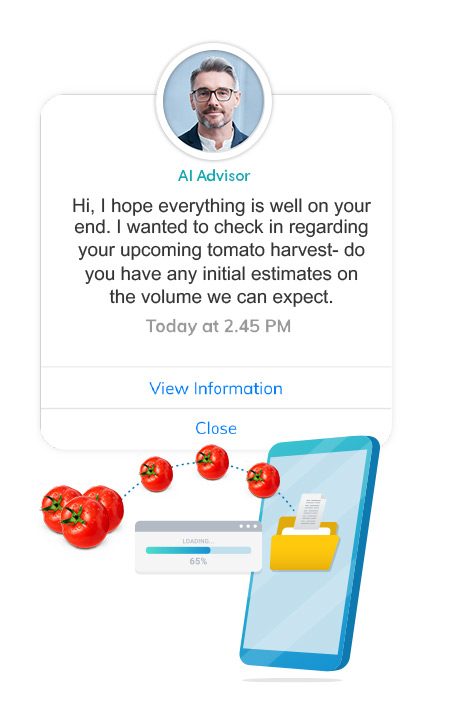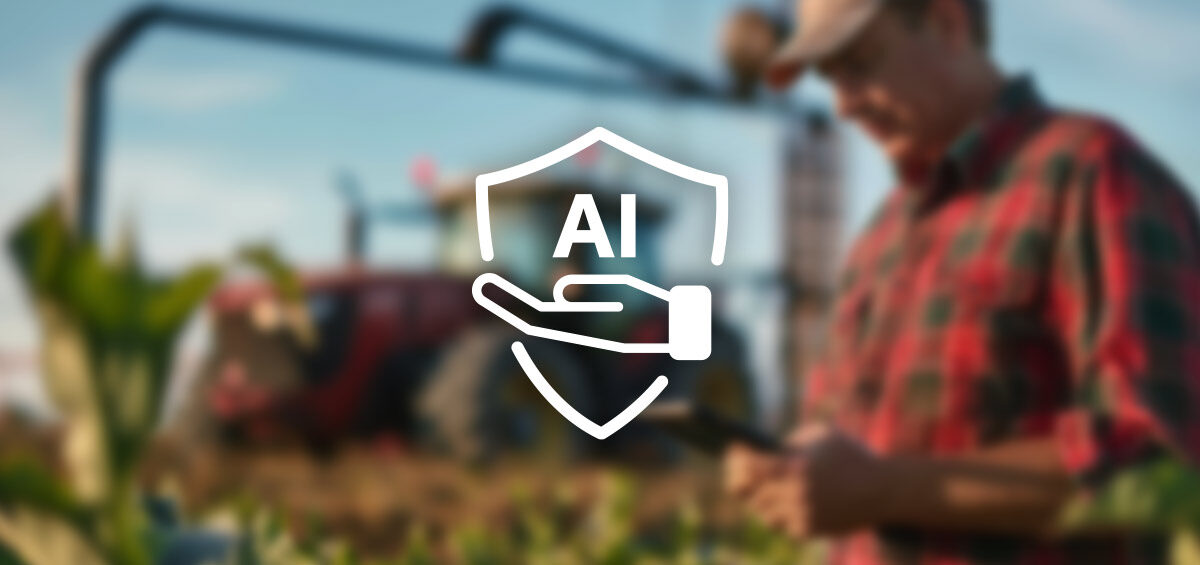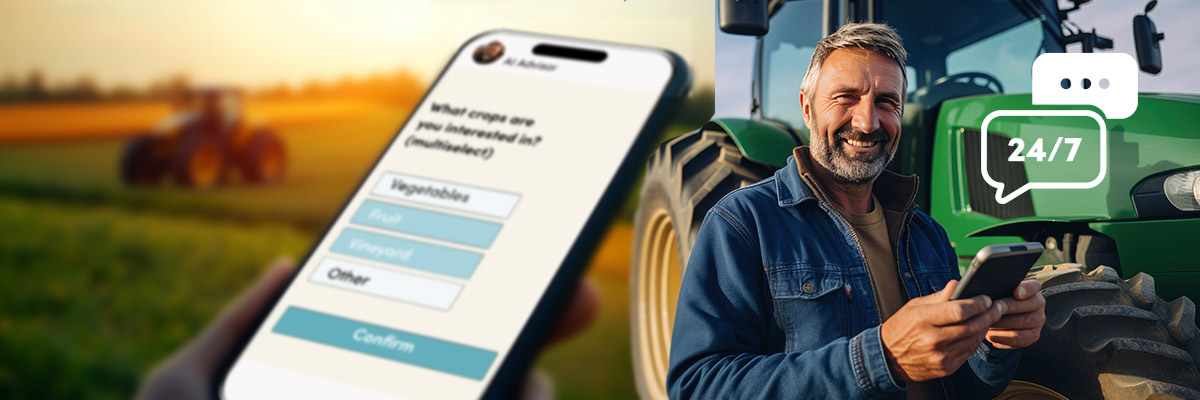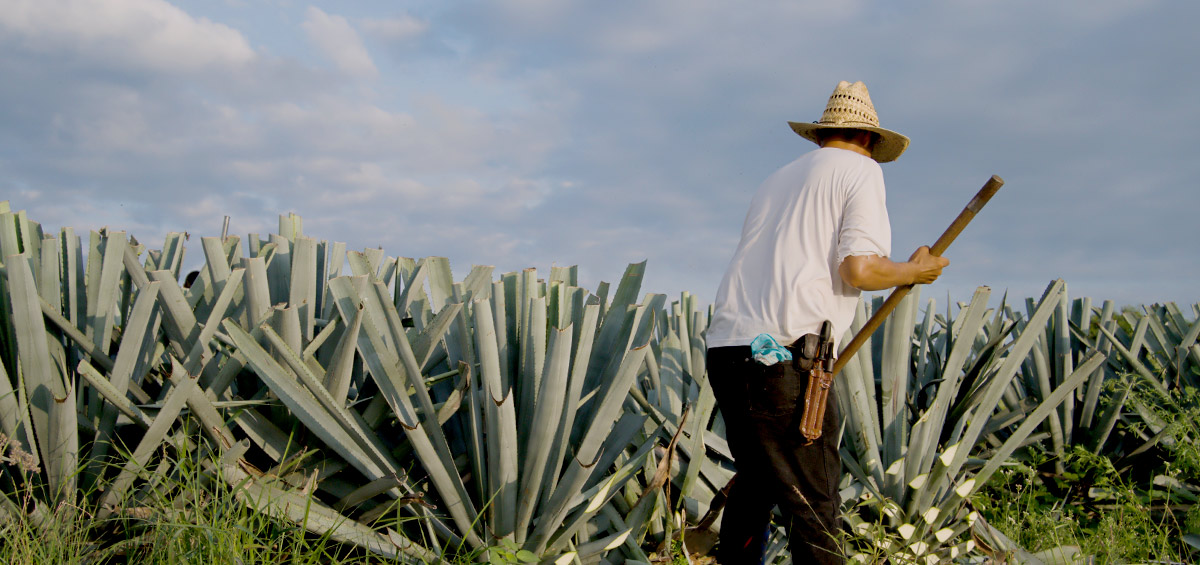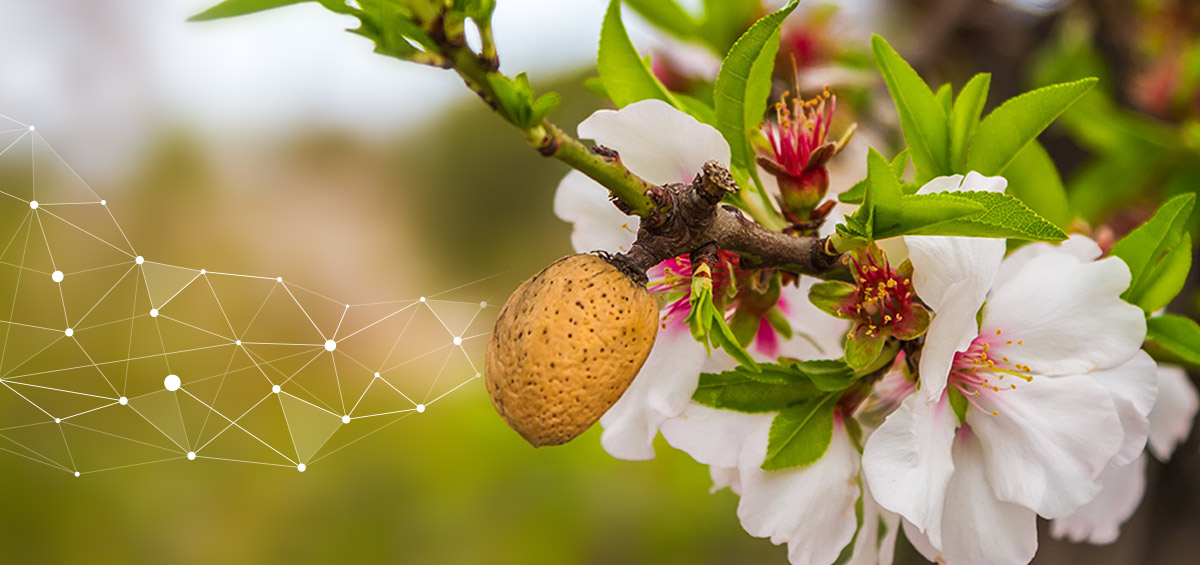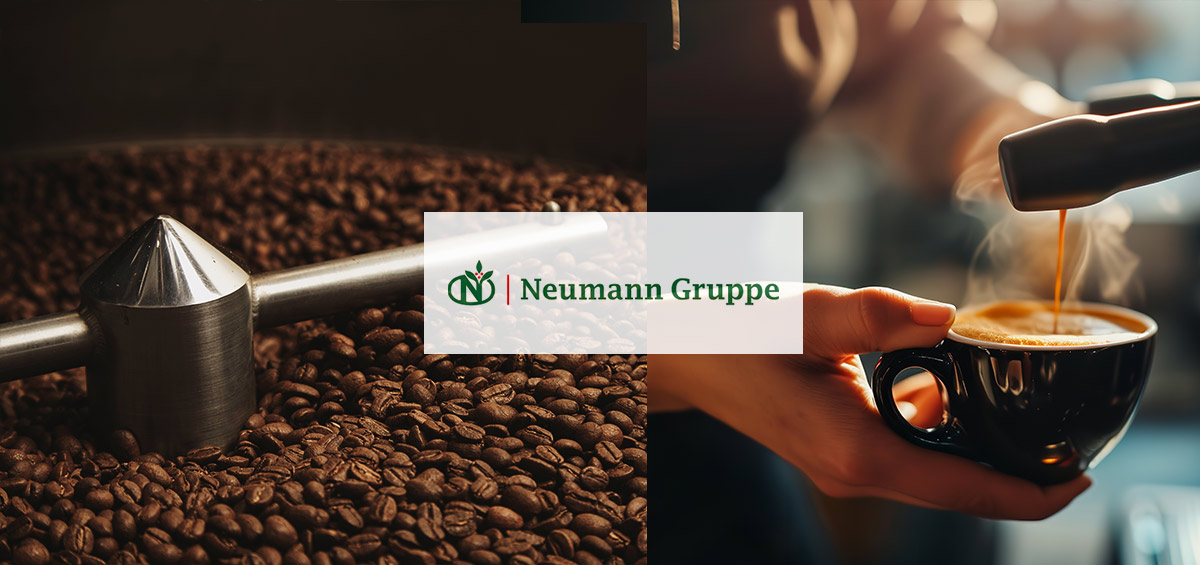In today’s fast-paced food and beverage (F&B) industry, artificial intelligence (AI) is no longer optional, it’s mission-critical. As consumer demands evolve, supply chains stretch across continents, and sustainability targets tighten, global brands are heavily investing in AI to stay ahead.
These innovations are just as transformative for agriculture: precision forecasting, resource optimization, and traceability have equal importance on farms and in factories. In this article we explore the AI initiatives of CocaCola, Nestlé, Mars and Mondelez, an examples that show how AI is being used across the food and beverage industry, and how AGRIVI’s AI Engage platform can elevate supply chain performance from field to fork.
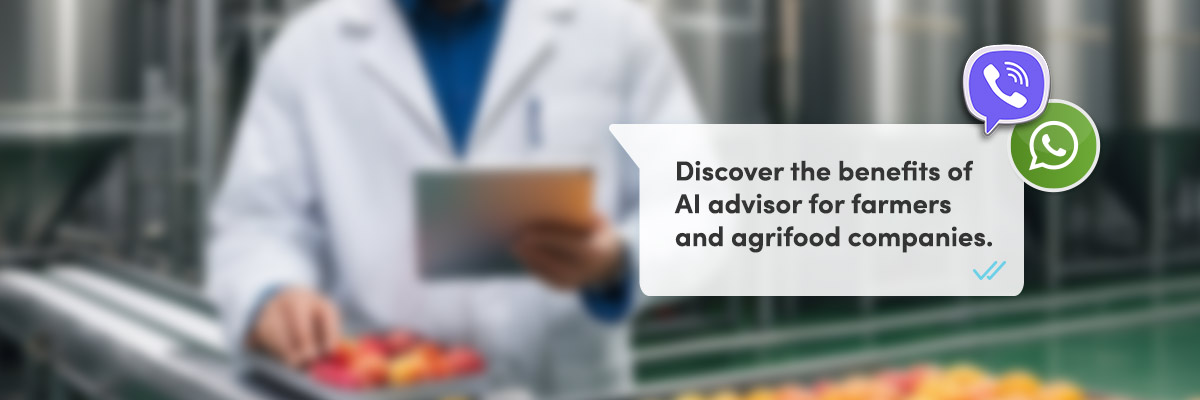
Table of Contents
Coca-Cola: AI-driven logistics and demand forecasting
Coca-Cola is a global leader not only in beverage production but also in the adoption of advanced digital technologies, including artificial intelligence (AI), to drive operational efficiency and sustainability.
Among its most impactful AI applications is demand forecasting and logistics optimization. CocaCola Bottlers Japan, for instance, implemented the AI to transform its supply chain planning. By integrating data sources such as point-of-sale activity, weather forecasts, and historical purchasing trends, the company has significantly improved forecast accuracy, moving from a traditional accuracy of around 70% to nearly 90%.
This increase allows for better inventory management, reduced stockouts, and improved logistics efficiency across its distribution network of thousands of outlets. AI models help optimize route planning and delivery schedules, minimizing empty miles and lowering transportation-related emissions.
Nestlé: Using AI to Future-Proof Coffee Production
Nestlé is leveraging AI and data science to tackle environmental challenges threatening Arabica coffee, which makes up 70% of global production. Rising temperatures, diseases, and shrinking arable land put coffee farming at risk. To address this, Nestlé created a detailed Arabica reference genome that helps identify genetic traits for drought resistance, disease tolerance, and higher yields. This enables breeding of more resilient coffee varieties suited for changing climates, securing supply sustainability.
This effort is part of Nestlé’s Nescafé Plan 2030, backed by over CHF 1 billion in investments focused on soil health, water management, and biodiversity improvements. By integrating AI-driven insights into coffee genetics and farming practices, Nestlé aims to support farmers and ensure coffee remains sustainable for future generations.
Mars: Accelerating Innovation with Generative AI
Mars is leveraging generative AI to revolutionize product development and consumer engagement. The company’s One Demand Data & Analytics team developed an internal generative AI platform called Brahma that analyzes vast consumer datasets, over 80,000 individual consumers and approximately 800,000 consumption events across 11 countries.
Brahma can generate up to 50 new product concepts per day, dramatically accelerating the innovation pipeline. By harnessing AI’s ability to synthesize complex consumer preferences, flavor profiles, and market trends, Mars reduces the traditional product development cycle from months to just days. This platform has also been deployed in North American innovation workshops, where it has streamlined consumer testing and feedback loops, enabling faster refinement of product ideas.
Mars’ adoption of generative AI exemplifies how food and beverage companies can harness cutting-edge technology to boost creativity, responsiveness, and personalization—key drivers in today’s competitive and rapidly evolving market.
Mondelez: Leveraging AI to Empower Farmers and Optimize Sustainable Supply Chains
Mondelez International is advancing sustainable agriculture by integrating AI-powered tools directly into its farming partnerships. Through its Harmony program, Mondelez collaborates closely with farmers to implement regenerative agriculture practices that improve soil health, biodiversity, and resource efficiency.
Central to this effort is the Harmony Academy, a digital platform that equips farmers with AI-enabled tools to track environmental KPIs such as greenhouse gas emissions, nitrogen use, and pesticide application. These data-driven insights empower growers to make informed decisions, optimize inputs, and enhance sustainability on their farms.
Mondelez complements technology with targeted training and support, fostering a culture of continuous improvement and transparency across its agricultural supply chain. By monitoring real-time data through AI analytics, Mondelez not only strengthens supply chain resilience but also advances its environmental, social, and governance (ESG) commitments.
This blend of AI innovation and farmer collaboration exemplifies how digital transformation can drive measurable impact in sustainable food production—creating value for farmers, companies, and the planet alike.
AGRIVI’s AI Engage: Empowering Agriculture Supply Chain Intelligence
While global brands scale AI across their organization and departments, supply chain and grower relationships often represent major areas of impact for the profitability and resilience of the business. AGRIVI’s AI Engage for Supply Chain makes interaction with growers in the supply chain seamless by deploying specialized and well trained AI agents for:
- Farm upskilling: Securing unlimited capacity to deliver high-quality advice to every grower in a supply chain, anytime (24/7), everywhere in the world, in their language.
- Quality management: Collaborating with growers on quality and safety standards adoption and compliance through advisory and data collection through native conversation.
- Volume delivery forecasting: Executing daily/weekly data collection of essential information from thousands of suppliers to deliver mission-critical insights for optimizing logistics and production.
- Sustainability programs: Coaching growers on adoption of regenerative practices and simplifying ESG and sustainability data collection through native conversation.
- Supplier Collaboration: Being first line of contact for frequently asked questions, analyzing supplier sentiment and executing market research activities to deliver supply chain insights.
By embedding whitelabeled AI agents powered by AGRIVI in their supply chain, food and beverage companies elevate their capacity to interact with growers and achieve high impacts in efficiency, cost optimization, quality, predictability and sustainability.
